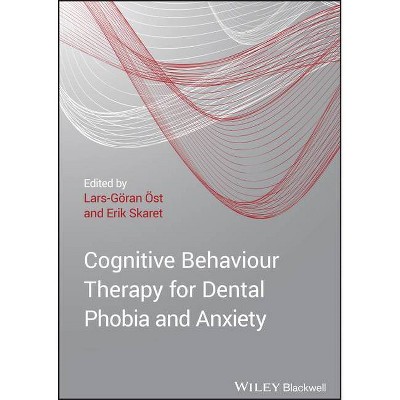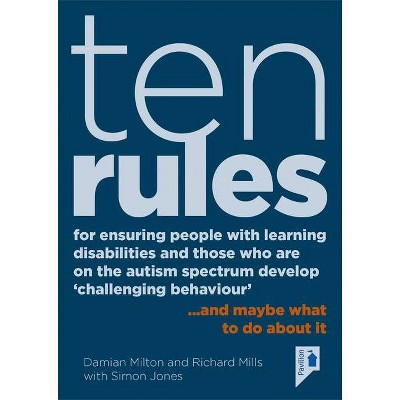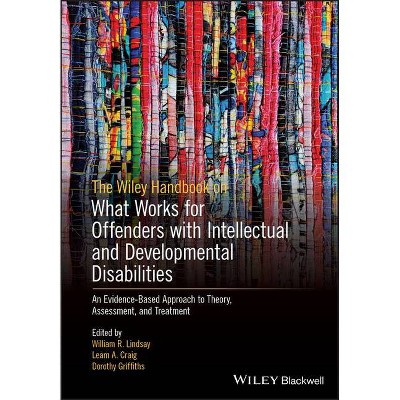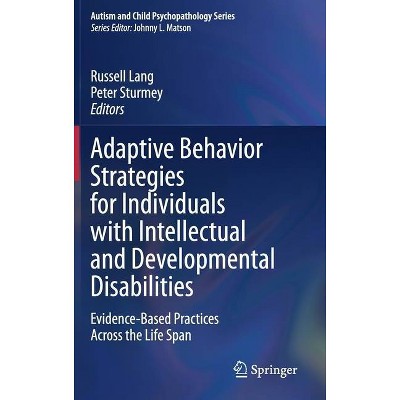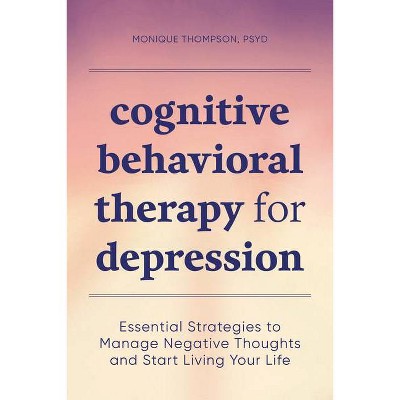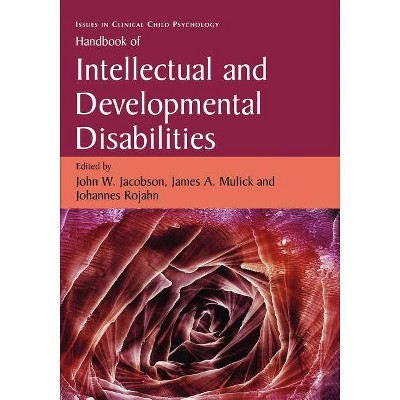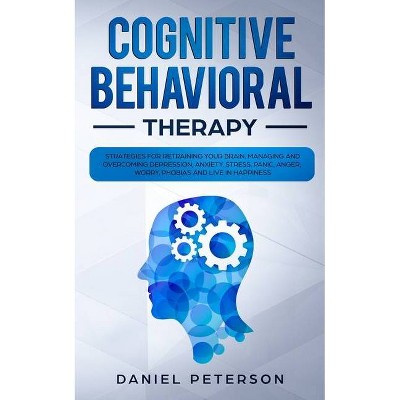Cognitive Behaviour Therapy for People with Intellectual Disabilities - by Andrew Jahoda & Biza Stenfert Kroese & Carol Pert (Paperback)
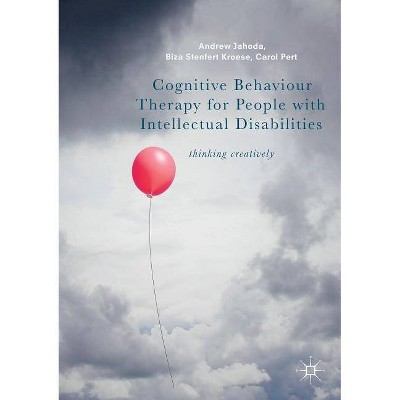
Similar Products
Products of same category from the store
AllProduct info
<p/><br></br><p><b> About the Book </b></p></br></br>This book examines the influence others have on the lives of people with intellectual disabilities and how this impacts on their psychological well-being. Based on the authors' clinical experiences of using cognitive behavioural therapy with people who have intellectual disabilities, it takes a social interactionist stance and positions their arguments in a theoretical and clinical context. The authors draw on their own experiences and several case studies to introduce novel approaches on how to adapt CBT assessment and treatment methods for one-to-one therapy and group interventions. They detail the challenges of adapting CBT to the needs of their clients and suggest innovative and practical solutions. This book will be of great interest to scholars of psychology and mental health as well as to therapists and clinicians in the field.<p/><br></br><p><b> Book Synopsis </b></p></br></br>Chapter 1 Introduction.- Chapter 2 History and theory.- Chapter 3 Current context.- Chapter 4. Assessment and Setting the Scene for Cognitive Behaviour Therapy.- Chapter 5 The first stage of therapy.- Chapter 6 Therapeutic change.- Chapter 7 And another thing....adapting therapy for particular cognitive impairments.- Chapter 8 Group work.- Chapter 9 Mindfulness and Third Wave Therapies.- Chapter 10 Working with others.- Chapter 11 Making a real difference.- Chapter 12 Conclusions.<br/><p/><br></br><p><b> From the Back Cover </b></p></br></br>This book examines the influence others have on the lives of people with intellectual disabilities and how this impacts on their psychological well-being. Based on the authors' clinical experiences of using cognitive behavioural therapy with people who have intellectual disabilities, it takes a social interactionist stance and positions their arguments in a theoretical and clinical context. The authors draw on their own experiences and several case studies to introduce novel approaches on how to adapt CBT assessment and treatment methods for one-to-one therapy and group interventions. They detail the challenges of adapting CBT to the needs of their clients and suggest innovative and practical solutions. This book will be of great interest to scholars of psychology and mental health as well as to therapists and clinicians in the field.<p></p><p/><br></br><p><b> About the Author </b></p></br></br>Biza Stenfert Kroese is Senior Lecturer in the School of Psychology at the University of Birmingham, UK, and Chair of CanDo, a support service for parents with intellectual disabilities. <br/>Carol Pert is a Consultant Clinical Psychologist in the Learning Disability Service of NHS Greater Glasgow and Clyde and Honorary Senior Lecturer at the University of Glasgow, UK.<br/>Andrew Jahoda is Professor of Learning Disabilities at the University of Glasgow, UK, and Honorary Consultant Clinical Psychologist at NHS Greater Glasgow and Clyde. <br/>
Price History
Price Archive shows prices from various stores, lets you see history and find the cheapest. There is no actual sale on the website. For all support, inquiry and suggestion messagescommunication@pricearchive.us
